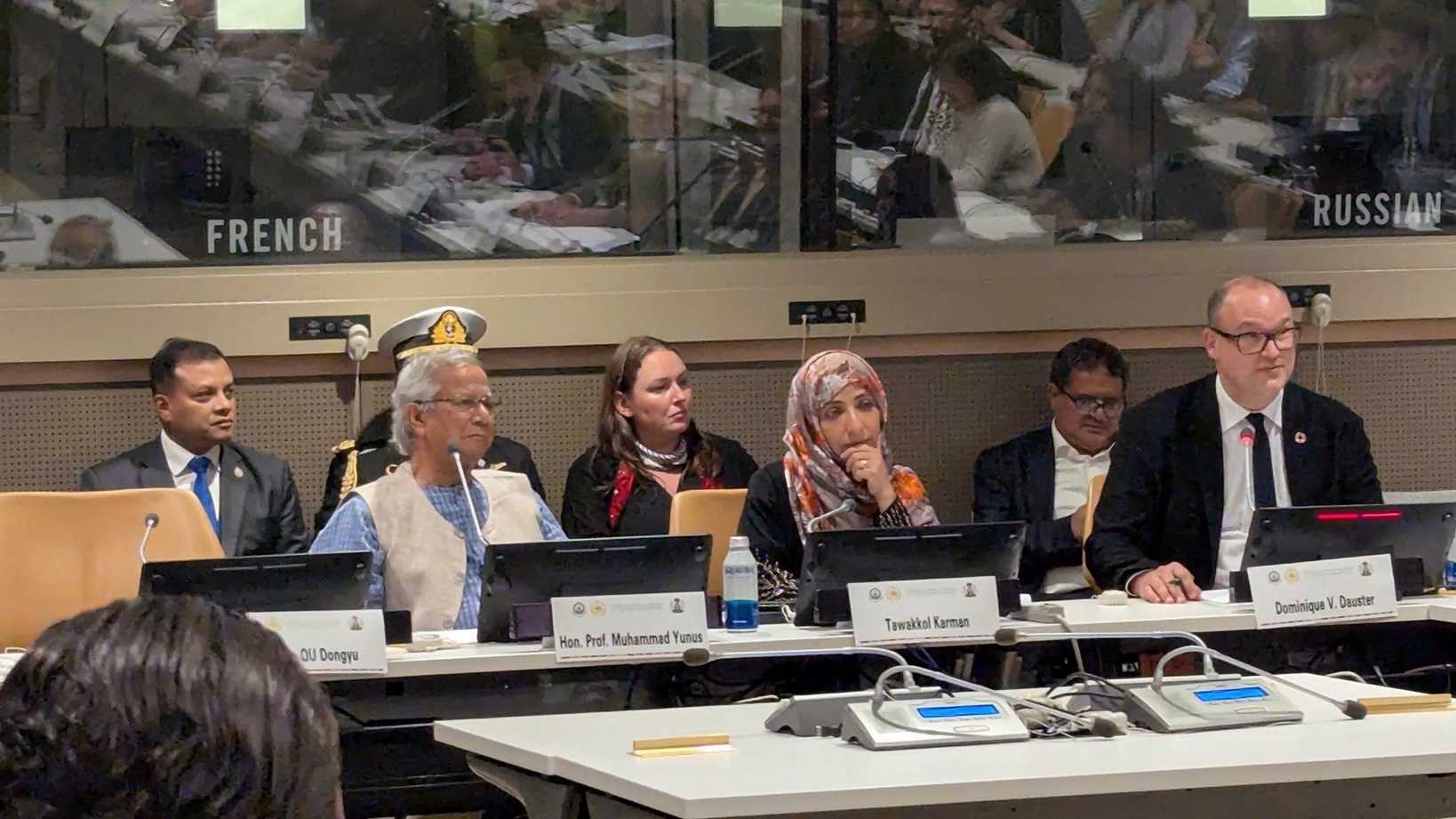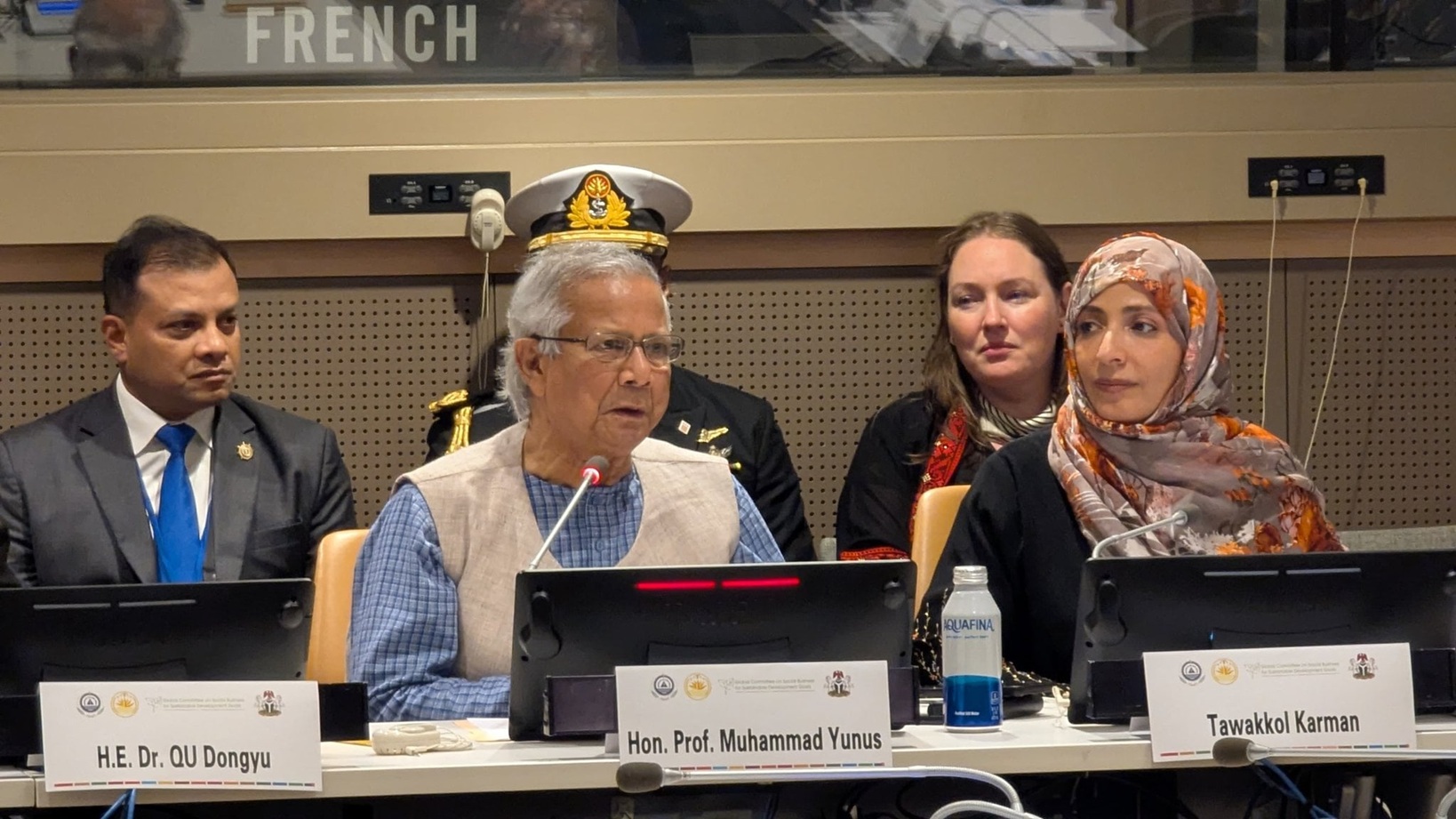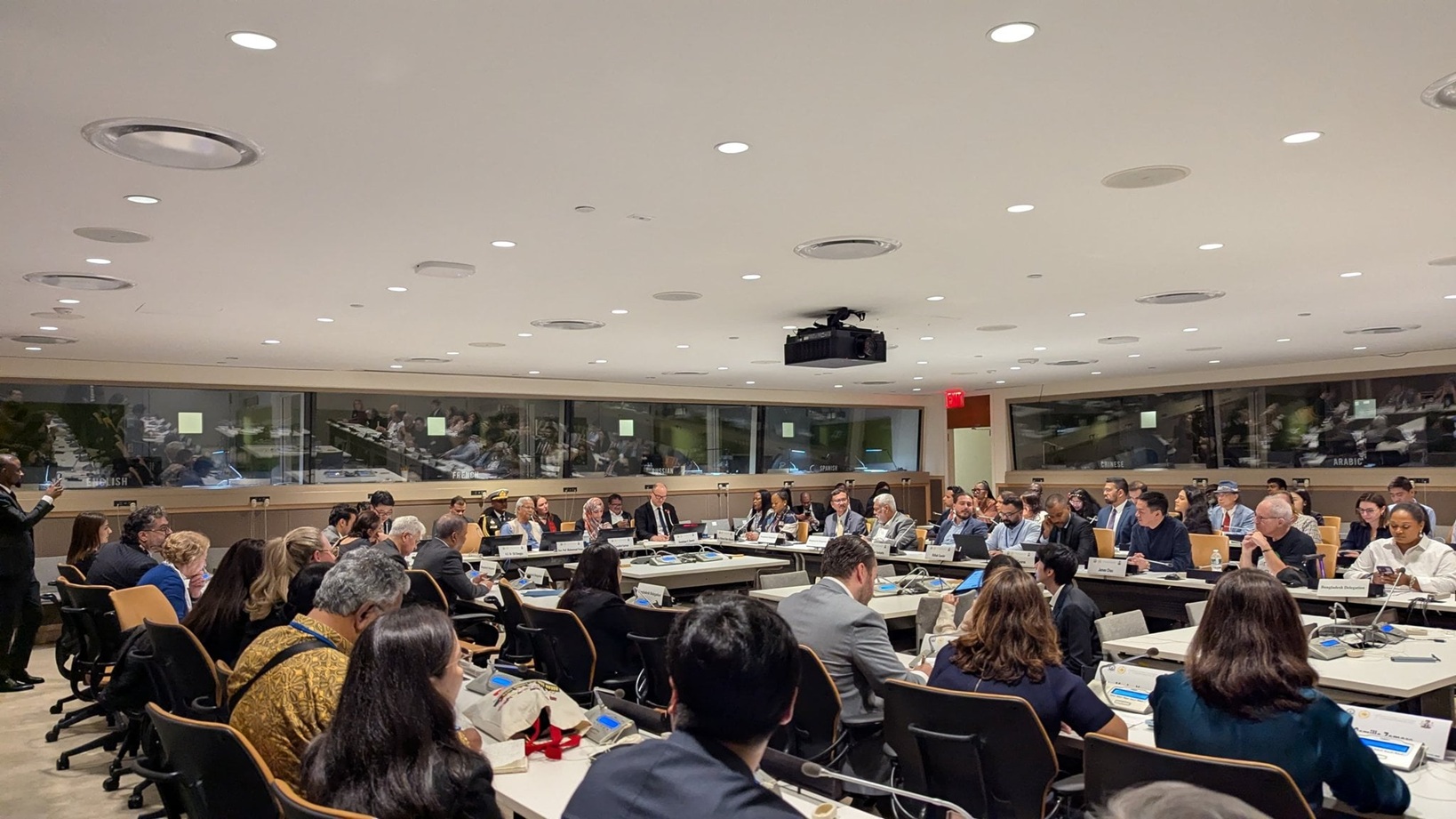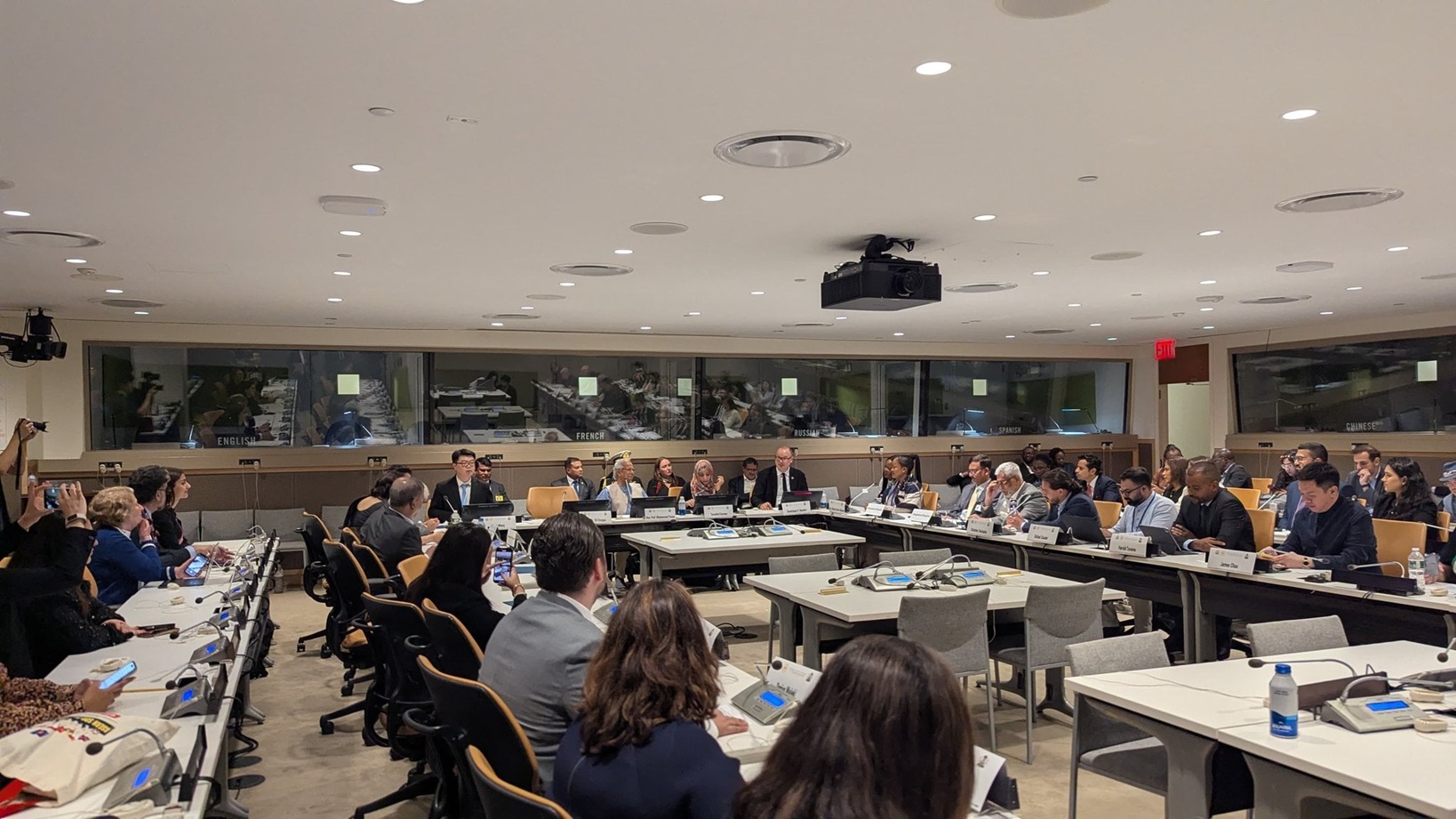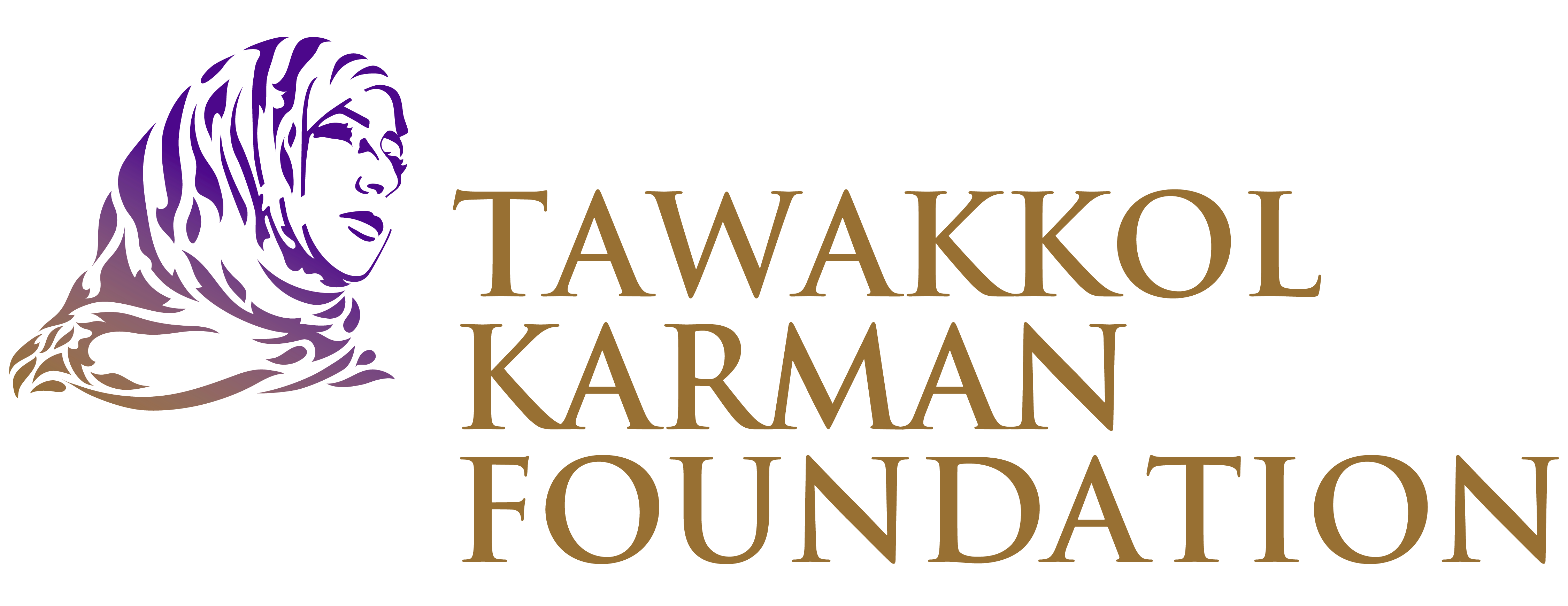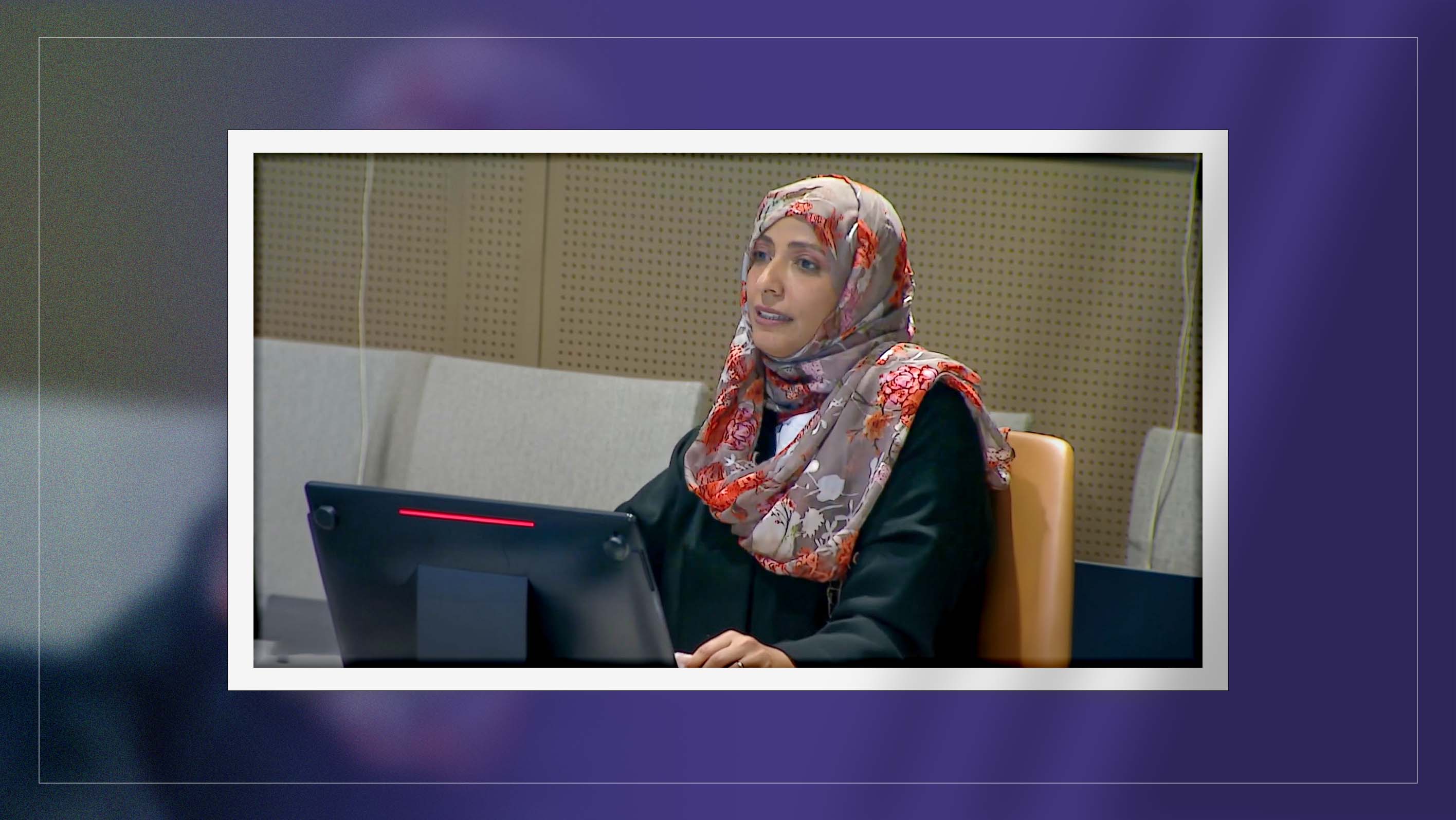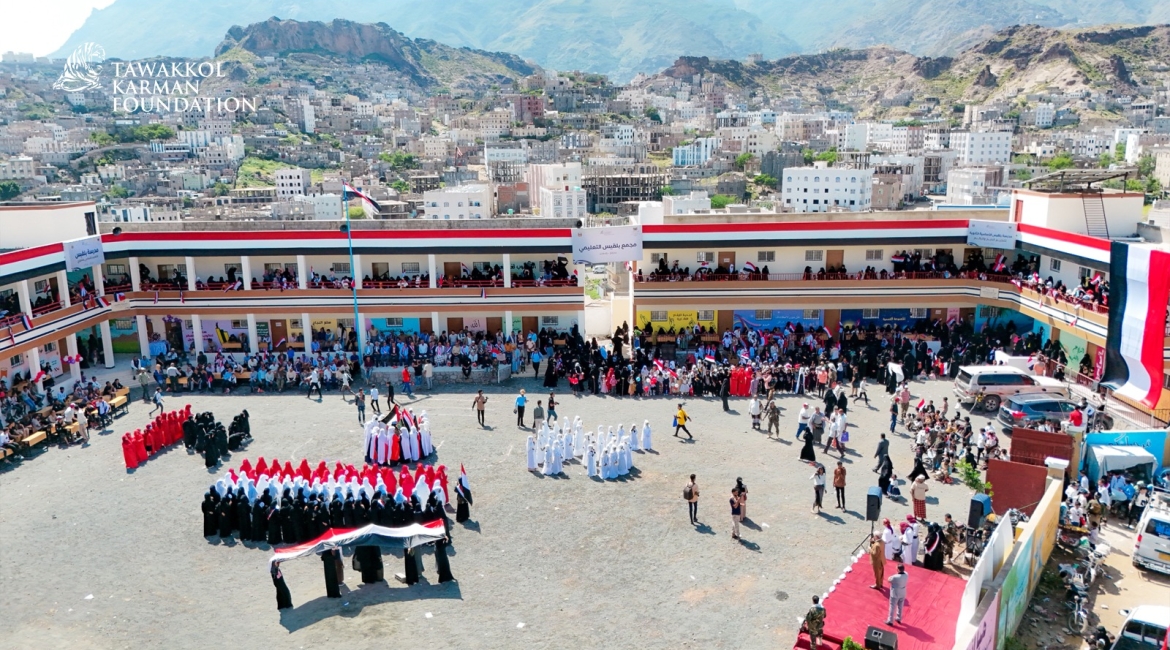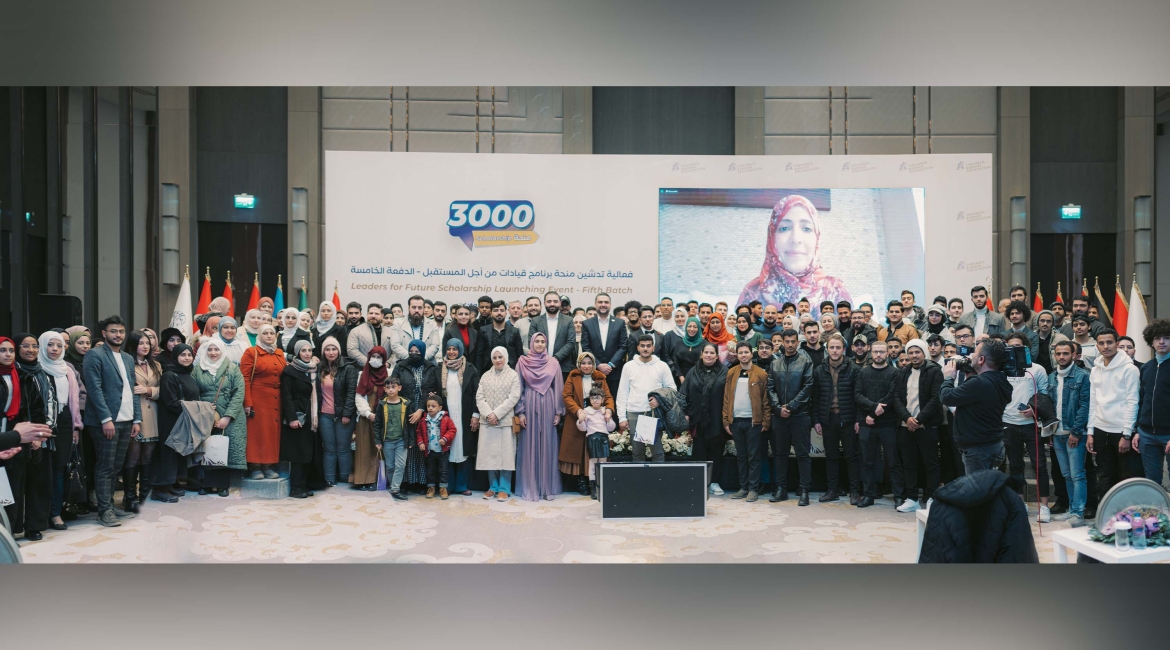Nobel Peace Prize laureate and human rights advocate Tawakkol Karman made an intervention during the 80th UN General Assembly High-Level Side Event on Social Business, Youth, and Technology, calling for sweeping reforms of the United Nations and international institutions while celebrating the transformative power of youth movements.
Addressing a discussion session alongside fellow Nobel laureate Professor Muhammad Yunus, Karman began by paying tribute to Yunus, now serving as chief advisor in Bangladesh’s transitional period. She recalled their last meeting at the Vatican, when Yunus faced political persecution and the risk of imprisonment.
“Suddenly, everything changed in Bangladesh,” Karman said. “The peaceful revolution won, and our colleague Muhammad Yunus became the head of this transitional period. I am so proud of him, of the people of Bangladesh, and of the students of Bangladesh.”
She praised Bangladesh’s youth for embodying the hope she has long associated with pro-democracy struggles across the Arab world. “Whenever I defend the Arab Spring and someone asks me, ‘Where do you get your hope?’ I tell them: from young people. We shouldn’t lose our hope, regardless of the chaos and destruction around us. One day we will celebrate the total victory of the Arab Spring, and of people everywhere who fight for freedom, dignity, democracy, and prosperity.”
Shifting to the wider global context, Karman marked the UN’s 80th anniversary with sharp criticism of the institution’s record. She acknowledged achievements but argued that the UN has failed to fulfill its founding mission.
“Wars still exist. Conflicts still exist. Dictatorships remain entrenched—and they have grown stronger. Occupation still exists. Genocide still exists, and we are witnessing it in Palestine,” she said, stressing that the ongoing humanitarian catastrophe in Gaza represents one of the clearest failures of the international system.
Karman warned that poverty remains widespread, hunger continues to afflict millions, and inequality between and within nations has deepened. “This should not be the outcome of the United Nations, whose mission is to support development and promote social justice and equality,” she said. “After 80 years, our future planning must focus not just on eradicating poverty but on ensuring that people live dignified lives.”
She also raised alarm over the climate crisis, arguing that global warming and environmental deterioration are accelerating without effective international response. The central reason, she said, is the weakness of the UN.
“The United Nations is really, really weak,” Karman declared. “If we truly want to save humanity, this institution must be reformed—empowered with binding mechanisms to ensure respect for human rights, protect the environment, and uphold economic justice.”
Karman cautioned that without reform, the world would face continued wars, further genocides, entrenched poverty, and worsening climate destruction. She called for all major international institutions to be restructured to better represent the voices of all nations, particularly those of the Global South.
A key element of her intervention was a demand to abolish the veto power held by the five permanent members of the UN Security Council, which she said undermines justice and accountability. “The veto right should be abolished, because it is limited to five countries that have not made human rights their priority,” she said.
Despite her criticism, Karman reaffirmed her belief in the United Nations as a vital global institution. “I love this institution. I see it as the international government under which all people should be unified. But we must empower it—with tools, a constitution, funding, and binding mechanisms that ensure all member states respect human rights, protect the environment, and guarantee economic justice.”
Concluding her remarks, she emphasized the need to protect people’s rights in the digital era. “We must respect people’s right to access technology, and ensure it is not used as a tool of repression or to control minds,” she said.
To watch full speech click here
